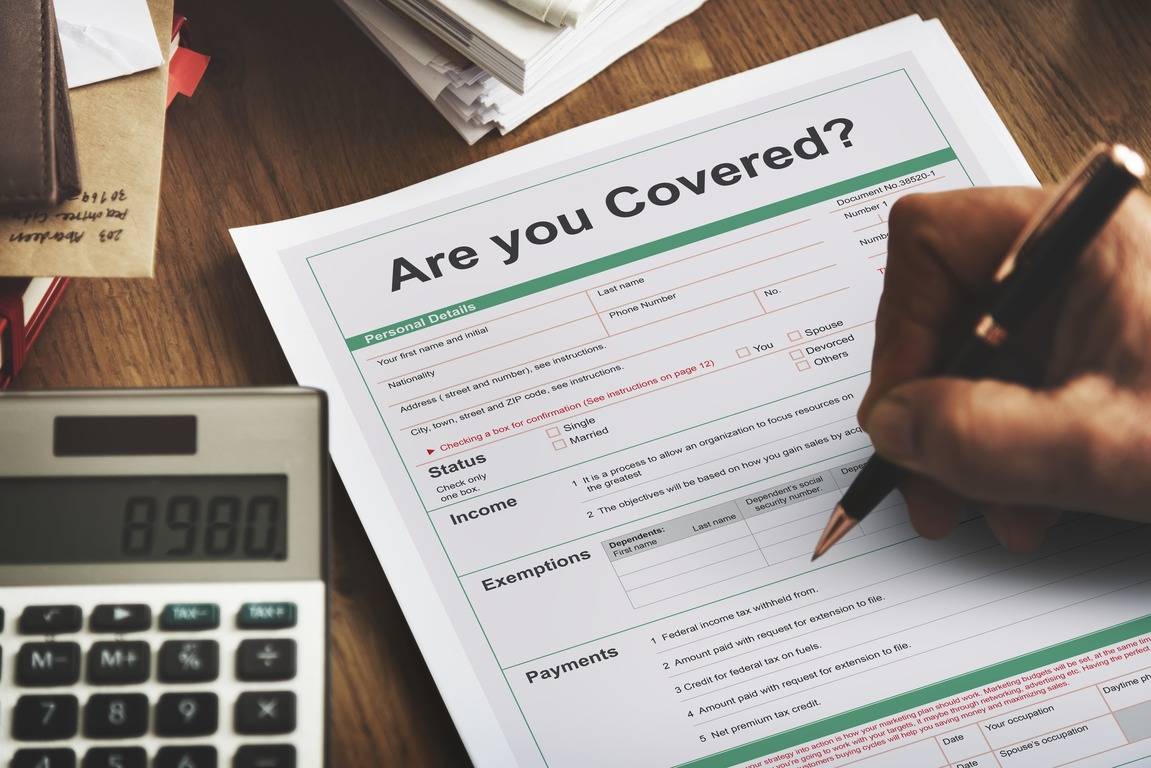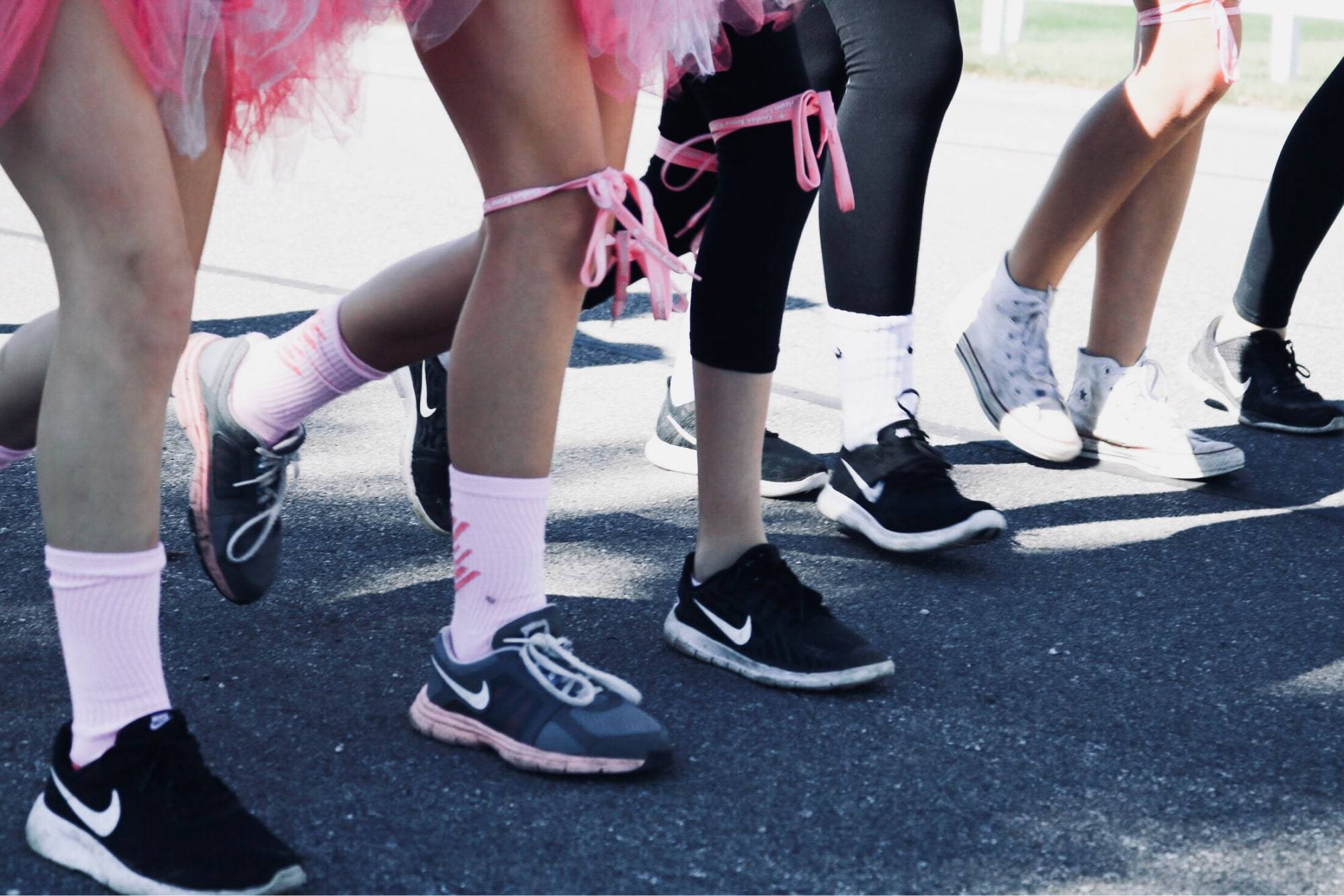We get it—getting event permits is a massive headache: you need to provide as many details as possible, make sure you comply with all safety and other requirements, contact many departments, and prepare presentations to get just one. And you need more than one. However, just like running, it is an extremely rewarding process that will pay off in the long run (see what we did there?).
As with every aspect of organizing an event, the permits you need and the process of acquiring them will differ from state to state and even town to town. However, some general rules and principles can help you achieve your desired results faster.
What Is an Event Permit, and Why Do You Need One?
Communities understand that running events can be leveraged to their own advantage—to attract visitors, boost the economy, promote a healthy lifestyle, and more. However, some events require additional polish before being conducted, and some are outright inappropriate. That is why the permit system exists.
An event permit is a written document by a local government institution or its department that explicitly allows you to hold an event as long as it follows the predetermined plan. Remember this last part because it will be important later.
Quite frankly, the “why” is very simple. If you do not have an event permit, you cannot legally hold an event.
Things-to-Know
To get an event permit, you need to know a few things.
First, it is a lengthy process. For all the merits of permits, acquiring one is still a hassle, and there is plenty of bureaucracy behind it. Keep this in mind when organizing an event.
According to the RRCA Race Director certification textbook, Organizing Running Events, by Phil Stewart, you should allow at the very least six months for the permitting process.
The process might take longer depending on your race (the expected number of participants, distance, complexity, etc.). However, with proper planning, you can significantly reduce this time. Naturally, gaining more experience and building rapport with the local authorities will make it easier and faster.
Understand what the process will be, at least approximately, from your local government’s website.
Learn who you need to talk to and, if a rare opportunity presents itself, get to know them beforehand. Find out your community’s current priorities and where your event would fit that agenda. Find out how the neighborhood might benefit from your event, and try to focus your attention on that when persuading your local authorities.
Moreover, consider the issues that the community might have with the event. For example, your suggested date might coincide with another important event, or roadwork may occupy that area on that day.
Finally, find out which departments you will need to work with. Depending on the state and the spot you will use, you might have to contact the police, firefighters, rangers, and more.
Departments to Inform
The question “What license and permits does an event planner need?” doesn’t have a singe answer, but there are a few institutions you will likely need to inform. Depending on the complexity of your race and the factors we will explain later, there might be more departments outside of these.
- City or town council. Regardless of the situation, this is the first authority you will always go to. They will also tell you whether you need to gain other permits.
- Police department. Depending on your race, you may need to get permits from the police and request their presence at your event. This is especially true for races held on town roads.
- Fire department. You will almost always need to get permits from the fire department. They might also provide you with fire suppression equipment and fire extinguishers and be present at the race.
- Emergency services. You always want emergency responders at your race; getting a permit from them is essential for any event.
- Parks and recreation department. If you hold a race in a park or a reserve, you must get a permit from the parks and rec department.
- Public works department. If you plan on holding your race on a town or city road, you may need to contact the public works department to learn whether there will be road construction works or other maintenance projects.
- Department of transportation. This is another department you may need to contact if your race requires road closures or could cause traffic disruptions.
- Sanitation department. You might need to contact the sanitation department so they can provide you with trash disposal units and help you with properly recycling the waste.
- Water and utility department. If you plan on using water facilities (such as water fountains) in your race, you might want to notify this department.
- Noise control board. If you are going to use a public address (PA) system, notify the noise control board of your plans.
- Animal control. If you plan on running in the wilderness or want to allow pets on the road, you should notify local animal control.
You may need to contact other departments, but these are the most common in races.
Other Influencing Factors
Depending on your type of event, you might have to include additional permits.
Fenced Areas, Tents, Stage
If you need to fence an area of the event or want to set up some tents or a stage, you need to provide the town with a plan of how you plan to do it and where exactly it will take place.
Food and Alcohol
Most running events offer pre- or post-race snacks and nutrition options during the run. You must inform your authorities about the menu and vendors to ensure the food meets safety standards. Moreover, you will probably need a Liquor Permit if you offer alcoholic drinks.
Power Supply
Whether you are going to connect to an existing network or use generators for your event, you will need to inform the authorities about your plan.
Toilets
Most running events provide toilet options either by using existing facilities or installing port-a-potties. For the former, you will need to ask permission from the owners of these facilities. Otherwise, include the port-a-potties in your plan.
Other Things to Prepare
Besides your regular plan, there are also some other things to prepare. We recommend looking at the following:
Insurance
First, it can help offset the potential loss in case of property damage, injury or illness of attendees, or other unforeseen situations. This will help you protect your event budget and personal finances from being drained if an unfortunate event occurs.
Second, it is usually required by the local government, so it is good to get it regardless.
Finally, insurance gives peace of mind to both you and your participants. If anything happens, you know that your insurance will cover it.
Risk Evaluation Plans
Almost every permitting department will require you to prepare a risk evaluation plan. Unless you know how to do this on your own, you should ask for assistance from a relevant authority officer.
Contingency Plans
If your event needs to be postponed or canceled, you should have a contingency plan prepared. Include your plan of action in case of bad weather or a major event on that day.
The General Process
As we mentioned before, the process is different in every community, but generally, it has the same structure.
Submit Event Permit Application
Go to the local authority’s website or visit the town hall and apply for an event permit. Fill out the form and provide all the necessary documents.
Documentation Review
Wait for your documents to be reviewed by the authority. They usually tell you how long to wait approximately, but if they did not—feel free to remind them with an email or a visit.
Providing Further Details
If they ask you for further details, this can mean two things:
- You provided insufficient details (duh).
- The event piqued their interest, and they would like to know more.
You can be cautiously optimistic here.
Write a Permission Letter
This is a formal letter asking for permission to hold an event where you add more details to the already provided information. You want it to be short and concise to hook the reader quickly and keep their attention to the end.
Receiving the Permit
Congratulations! If you have done everything right and your event is a banger, you will receive a permit in either physical or digital form.
The End?
Now that you have the permit, it is time to celebrate your victory. Or is it?
Many event organizers fall into the trap of complacency after gaining a permit. This is unacceptable and might lead to undesired consequences.
As an event organizer, you created a plan you submitted with your permit application. It is now your sacred duty to follow this plan to a T.
Following this plan will ensure that you do not suffer any legal consequences. Moreover, it will help you build rapport with your local authorities, which will make the permitting process for your future events swifter.
Conclusion
As you can see, the permitting process involves a lot of moving parts and can get extremely complicated. However, if you do it once, you can easily repeat it in the future. If this is your first time organizing a running race, we recommend you check out our complete race director’s checklist.






